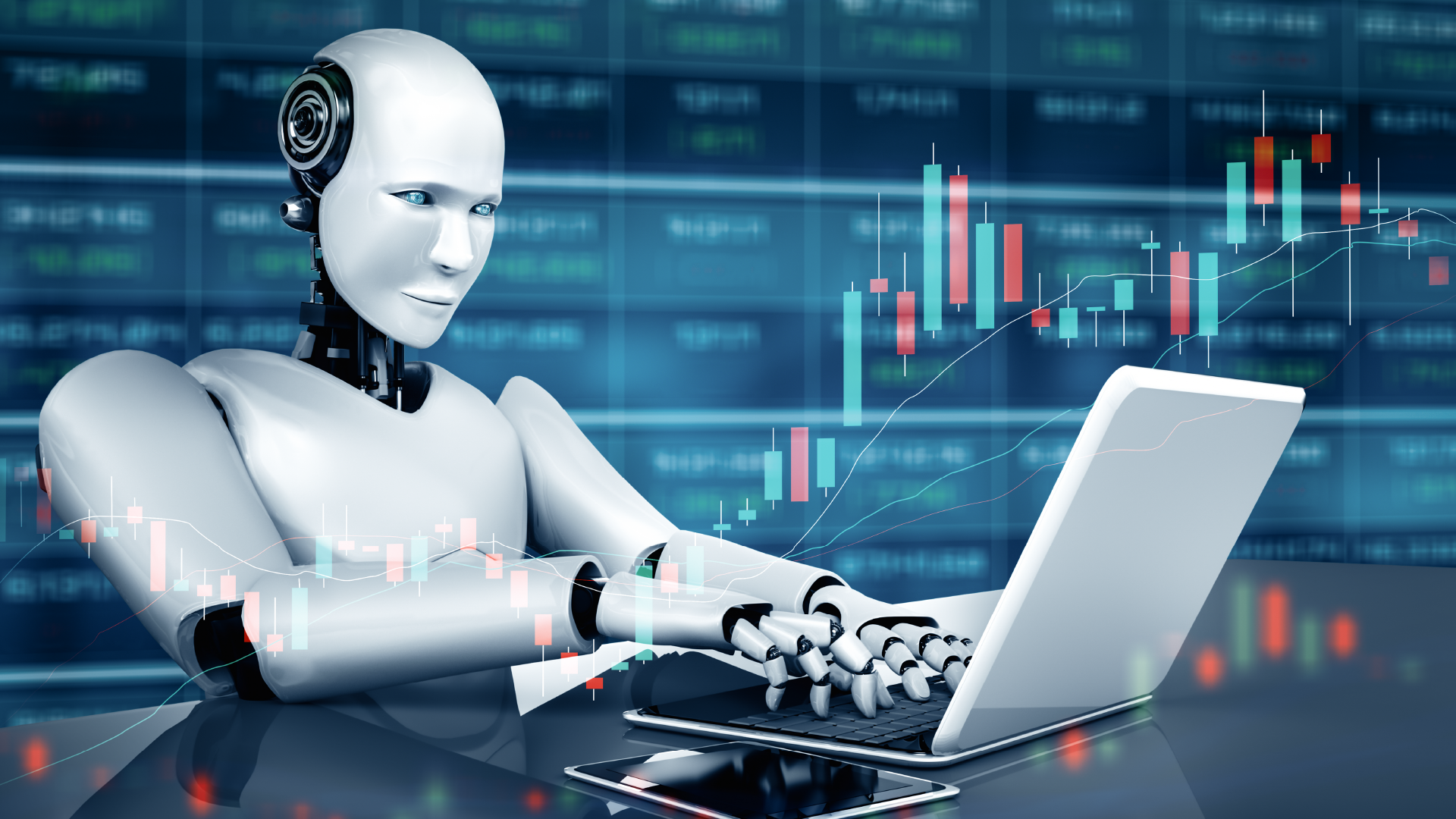
In recent years, the financial world has undergone a massive transformation due to the increasing popularity and accessibility of online trading platforms. The traditional barriers to entry that once restricted average individuals from participating in the stock market or foreign exchange markets have all but vanished. Thanks to the internet and technological advancements, anyone with a smartphone or computer and a stable internet connection can now access global markets, monitor price trends in real-time, and execute trades within seconds. This evolution has fundamentally altered the way people think about investing and wealth building, encouraging a broader and more diverse audience to engage in financial activities that were once reserved for institutional players and seasoned traders.
The surge in online trading platforms has made it easier for novice investors to enter the markets with little to no experience. Many apps and web-based services offer intuitive user interfaces, educational content, simulated trading environments, and customer support to help beginners get started. Unlike traditional brokerage firms, which often required high minimum deposits and charged substantial fees for each transaction, modern trading platforms have slashed these costs significantly. Some even offer commission-free trades and fractional share purchases, making it more feasible for users with modest capital to build diverse portfolios and test various trading strategies.
Furthermore, the global nature of online trading means users can invest in international markets from the comfort of their homes. Whether it's trading US stocks, European indices, Asian commodities, or digital currencies like Bitcoin and Ethereum, online platforms provide seamless access to a wide range of assets. This not only allows for better diversification but also exposes traders to different economic cycles, regulatory systems, and investment opportunities across the globe. The inclusion of cryptocurrencies as tradeable assets has added another layer of appeal, especially among younger generations who are more tech-savvy and inclined toward digital innovation.
Despite the convenience and opportunity that online trading offers, it is not without risks. The ease of access can sometimes lead inexperienced users to take impulsive actions based on emotion rather than analysis. Many traders, driven by the fear of missing out or the thrill of quick profits, may engage in high-risk strategies without fully understanding the implications. Market volatility, leverage, and misinformation can contribute to significant losses if proper risk management techniques are not applied. It is therefore crucial for individuals to educate themselves thoroughly, start small, and gradually increase their exposure as they gain experience and confidence.
The future of online trading looks promising, with advancements in artificial intelligence, machine learning, and blockchain expected to further streamline and secure incite processes. Features like robo-advisors, automated trading bots, and real-time market analytics are becoming more common and sophisticated, allowing traders to make data-driven decisions with greater precision. Regulatory frameworks are also adapting to ensure safer environments for retail investors, enhancing transparency and consumer protection.
In conclusion, the world of online trading has opened up a vast array of opportunities for people from all walks of life. Whether as a side hustle, a long-term investment plan, or a full-time profession, online trading continues to reshape the financial landscape, empowering individuals to take control of their financial futures in ways that were unimaginable just a decade ago.
